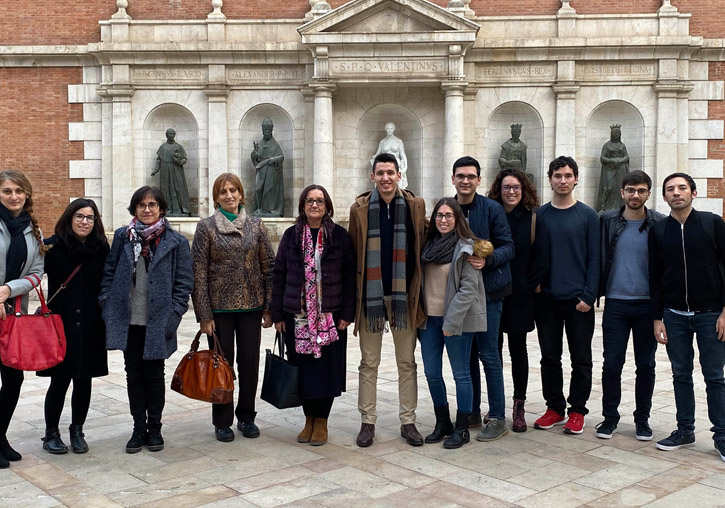A method to remove excess nitrate from water that uses rice straw has been patented
- Scientific Culture and Innovation Unit
- May 27th, 2021

The MINTOTA research group of the University of Valencia, led by Pilar Campins, professor of Analytical Chemistry; the DREMAP group of the Polytechnic University of Valencia and the University of Genoa have patented a method to remove the nitrate residues present in the water cycle using rice straw. Active silica is obtained from the controlled incineration of rice straw, which when modified has a capacity to absorb between 30 and 98% of the nitrates present in water.
This method, and this patent, is the basis of the European project Responsible reduction of nitrates in the comprehensive water cycle: Libernitrate Life, focused on mitigating the effect that chemical fertilisers have on groundwater. The use of fertilisers has increased from 14 million tons in 1954 to 200 million tons in 2018 so, according to the European Environment Agency, 87% of groundwater contains excess nitrate. The situation is more alarming in intensive farming and cattle-raising areas, as the nitrate level of groundwater can reach up to seven times the legal limit. These polluted waters trigger processes that are harmful to the environment such as eutrophication, acidification or the emission of nitrogen oxides.
With the limited effectiveness of current measures, the LIFE LIBERNITRATE project proposes to implement the patent system to reduce the concentration of nitrates in the integral water cycle in Europe. It is an innovative, economical and sustainable system that is simple at the same time. The patent corresponds to 33% at the University of Valencia, 34% at the Polytechnic and 33% at the University of Genoa.
The system works from two prototypes; one in charge of incinerating the rice straw and obtaining the silica and another in charge of implementing the active silica beds. These beds should be placed in the water collector (underground), the waste water of an osmosis plant and in the water of the wells for human consumption of small municipalities.
This project, LIFE LIBERNITRATE, is included in the aid granted by the European Union in the LIFE financing program. It is a European initiative focused on promoting projects for the environment, climate and nature.
+Info: Mintota Group website: http://mintota.com/en/
















